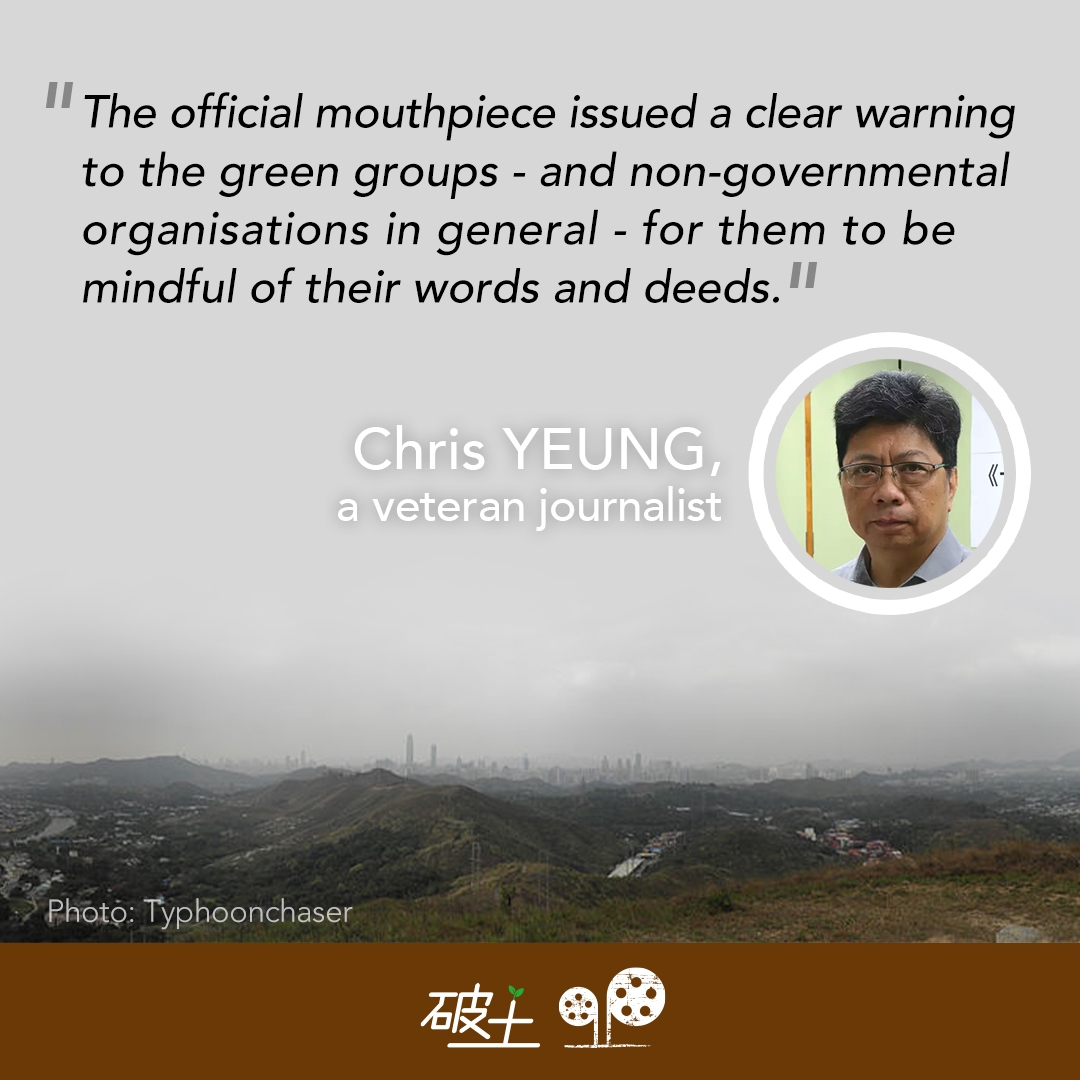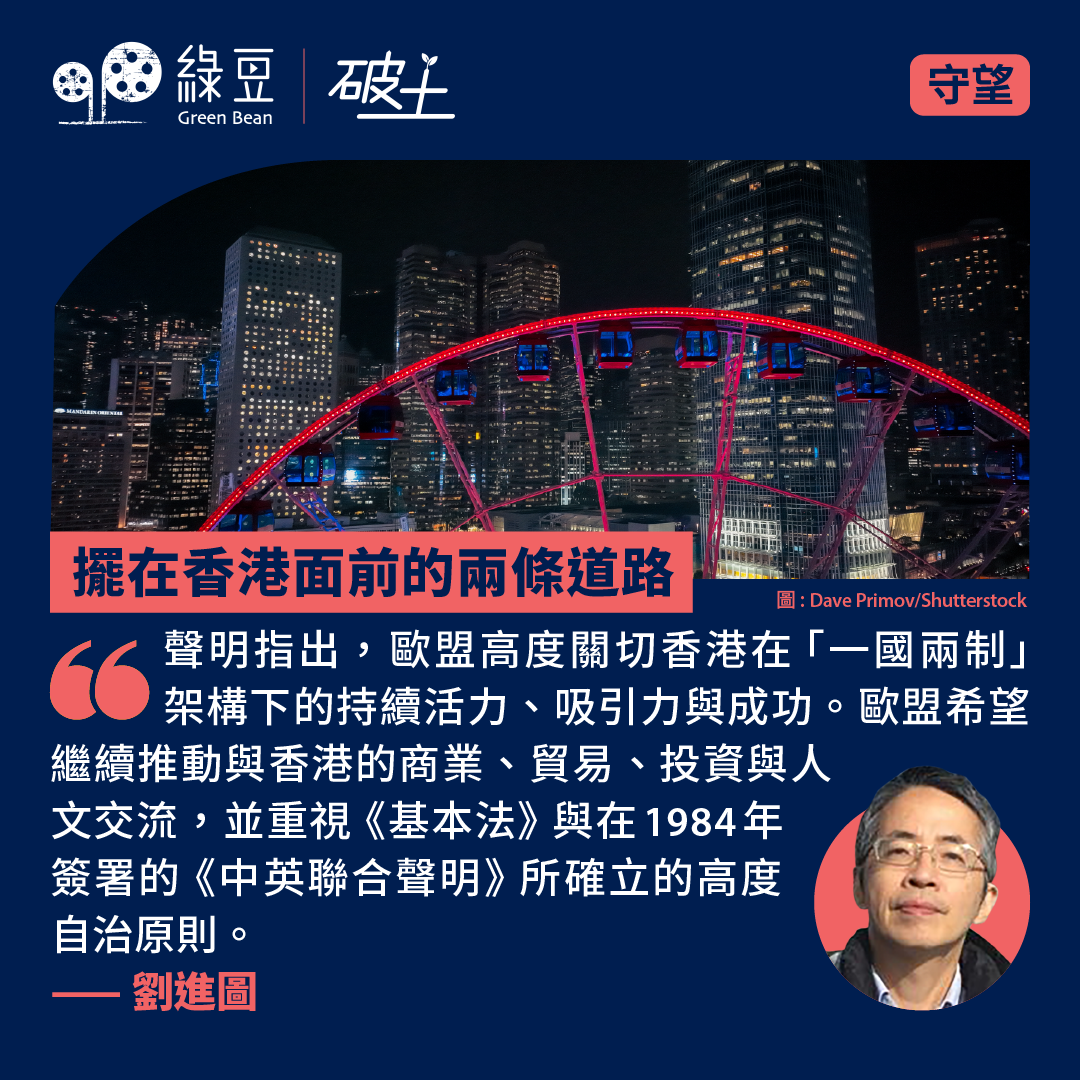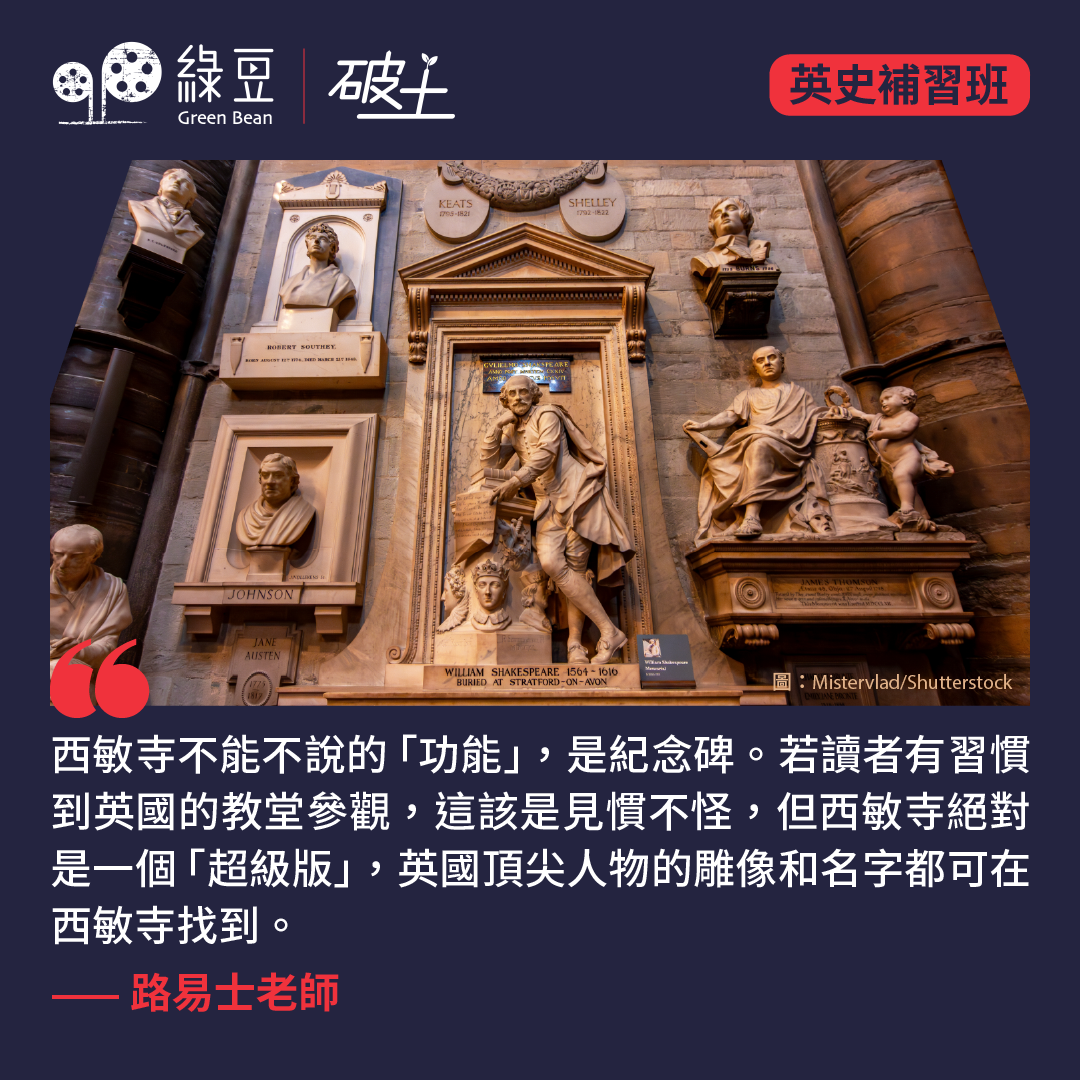Chilly wind blows as green groups blackened

Unlike many democracies, green groups have never been a major player in Hong Kong’s political game. This is despite the fact that they have become more active in the political scene and their voices heard in the recent decades.
The reason is simple. Due to the worsening living environment, public awareness of the importance of environmental protection and sustainable development has been growing in the city, just like many other places in the globe.
Almost all of the green groups in the city are largely think-tank and/or advocacy groups without direct participation in the two-tier political structure, namely the Legislative Council and District Council.
Against that backdrop, it should have come as a surprise that a list of 11 green groups, of which many are unfamiliar to ordinary people, has become the target of smearing by the Beijing-backed Wen Wei Po last week.
In its August 31 edition, the newspaper gave full-page coverage alleging the 11 green groups being engaged in acts that were malicious, anti-China and aimed to cause chaos in Hong Kong.
Acting in the name of environmental protection, the report says those groups had spread hatred towards the government, incited violence through such activities as fund-raising and film shows during the 2019 social movement.
The allegations were based on an interview with Lee Yuet-man, convenor of a group calling themselves Coalition of Monitoring Yuen Long Council(元朗議會監察聯盟), after he raised the issue at a policy address consultation session held by Chief Executive John Lee.
On the list includes Land Justice League(土地正義聯盟), founded in 2011, of which former democrat legislator Eddie Chu Hoi-dick was a member, Greener Action(綠領行動), Green Sense (環保觸角)and a couple of concern groups for dolphins, and buffalos in Lantau. Chu is now under detention for allegedly breaching the national security law for his participation in the 2020 Legislative Council election primaries.
Citing information provided on the website of the government-run Environment and Conservation Fund, the report said they found several groups had received government fundings.
Greener Action received a total of HK$13.2 million during the period between 2019 and 2022, which covered 16 projects.
In a letter to the Secretary for Environment and Ecology, Tse Chin-wan, Lee’s coalition urged the Government to set up a mechanism to avoid green fundings being used to finance “black violence activists.”
In a reply to Wen Wei Po, the Environment Protection Department said the Government will not allow, nor provide funding to any projects and acts that may involve advocacy for “Hong Kong independence”, inciting hatred towards the Government, and being unlawful.
The newspaper did not say specifically the 11 groups have breached the laws on national security or seditious publications; nor it said immediate government action should be taken against the groups.
But by giving prominent coverage to the story, the official mouthpiece issued a clear warning to the green groups – and non-governmental organisations in general – for them to be mindful of their words and deeds. In short, stay away from politics and the red lines.
It could also be a not-so-subtle reminder to the Government for them to double their vigilance when vetting applications for fundings to projects put forward by green groups, whose activities may have crossed the red lines.
To avoid the risk of providing politically incorrect fundings to green groups, it looks likely that those being named by certain media organisations may face more difficulties in their applications for government funds in the future.
Following an amendment to the taxation ordinance last year, the tax authorities are empowered to nullify a tax waiver for charity organisations if they are found to have supported, promote activities that endanger national security.
Seen from that light, the salvos against the 11 green groups could be a further step to make it more difficult for them to sustain their operation through the application for government fundings for projects.
Equally damaging is that the allegations may scare individuals and groups away from supporting or collaborating with those groups, making it even more difficult to survive.
Flashed back to 2020 when the national security law was introduced, few, if any, would have envisaged green groups might be in trouble. “Only a tiny number of people” will be affected, officials had assured.
It is difficult to tell at this stage whether any green groups will face the ax and, if so, when and how.
Even if nothing happens, the chilling effect being caused looks set to begin to emerge, the strengths and impacts of green groups will be significantly weakened. That will not be good news for anyone who wants to have a more liveable environment.
▌[At Large] About the Author
Chris Yeung is a veteran journalist, a founder and chief writer of the now-disbanded CitizenNews; he now runs a daily news commentary channel on Youtube. He had formerly worked with the South China Morning Post and the Hong Kong Economic Journal.





